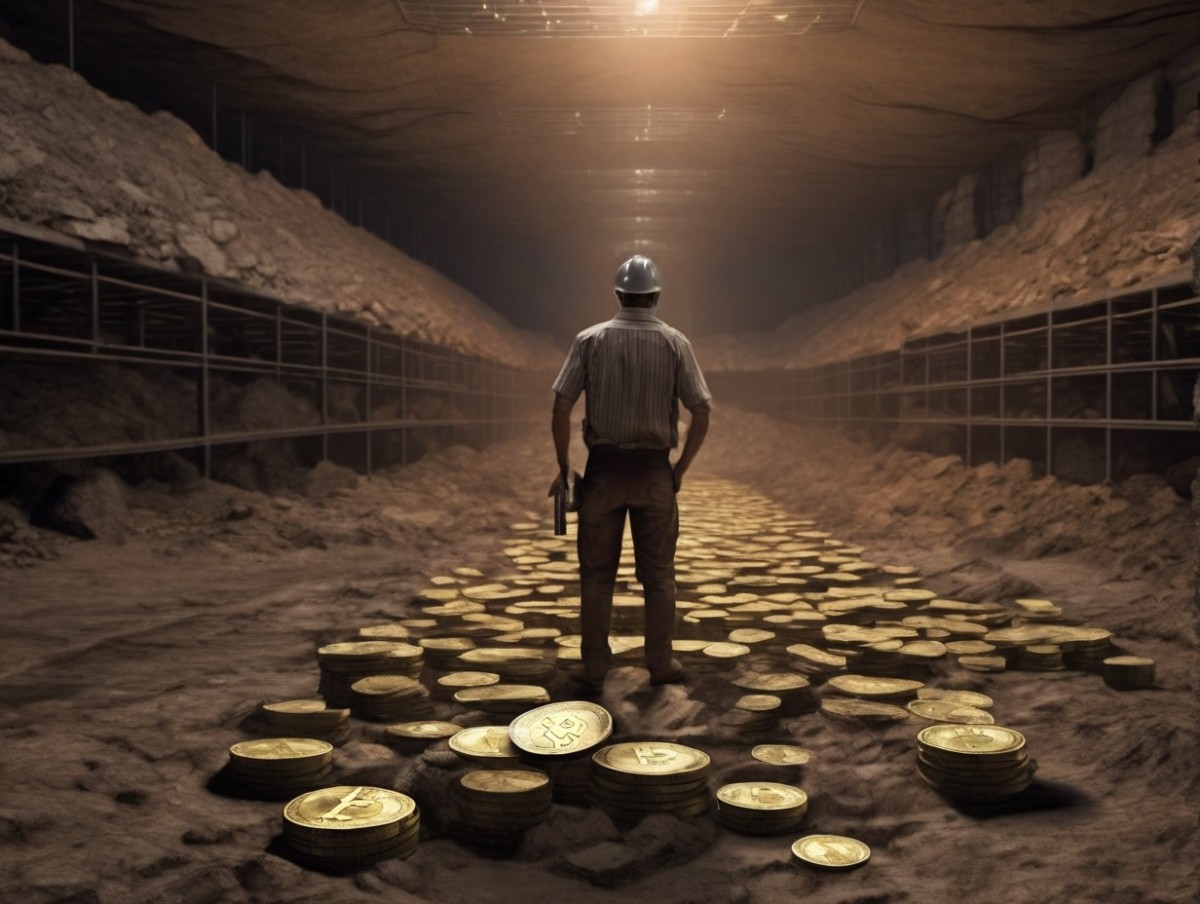Renowned journalist Gabriel Dance of The New York Times (NYT) has faced criticism for his recent articles on Bitcoin, with accusations of one-sided reporting and emotionally manipulative language.
Dance’s most recent piece delved into the issue of noise pollution from a Bitcoin mining farm in Arkansas. While Dance has been a prominent figure in investigative journalism, his approach to covering Bitcoin has drawn backlash from some quarters.
Bitcoin mining noise complaints ignite controversy in Arkansas”
Dance’s article centered on complaints made by residents regarding the noise generated by computer systems used in Bitcoin mining. However, environmentalist and venture investor Daniel Batten criticized the piece for its one-sided nature, stating, “Every piece he writes about Bitcoin is a one-sided hit-piece devoid of any genuine investigation.”
Dance’s article featured quotes from residents who claimed that the noise had “ruined lives, lowered property values, and displaced wildlife.” This focus on the negative aspects of Bitcoin mining operations in Arkansas has sparked controversy, particularly as the cryptocurrency industry has gained prominence in the region.
The “right to mine” law and backlash
Arkansas enacted the “Right to Mine” law, which aimed to protect Bitcoin miners from noise ordinances and zoning restrictions. Despite this legislation, the report claimed that some Republican lawmakers are now seeking to ban industrial mining statewide due to backlash from residents.
Critics argue that Dance used emotionally manipulative language in his article, either unsupported by facts or exaggerated to an extreme degree. Batten, an advocate for green energy mining, questioned whether Dance’s reporting was influenced by confirmation bias or his NYTimes paycheck.
Selective reporting and public bias
It is noteworthy that selective reporting can cater to the public’s inclination towards negative news, ensuring higher engagement and consequently, higher revenue for media outlets such as the NYT. This raises questions about why mainstream media often publishes more negative information about Bitcoin, rather than highlighting its positive aspects. Some speculate that media outlets backed by major Wall Street players may view Bitcoin as a threat, leading to biased reporting.
Banking connections and criticism
a crypto podcaster known as “Walker” alleged that the NYT was hiring individuals with banking connections to write articles critical of Bitcoin. This accusation further fueled suspicions of potential bias in media reporting on cryptocurrencies.
While environmental concerns have been a significant focus in discussions surrounding Bitcoin mining, it has been widely reported that the industry is becoming more environmentally friendly. Late in January, a United Nations study on Bitcoin mining faced scrutiny for relying on outdated sources and displaying selective bias.
EU’s stance and central bank influence
The European Union (EU) has also been on a path to regulate or potentially ban Bitcoin mining, primarily due to false assumptions about its environmental impact. The European Commission’s stance may be influenced by the backing of major central banks, which could explain its anti-Bitcoin reporting and planned actions in the cryptocurrency space.




